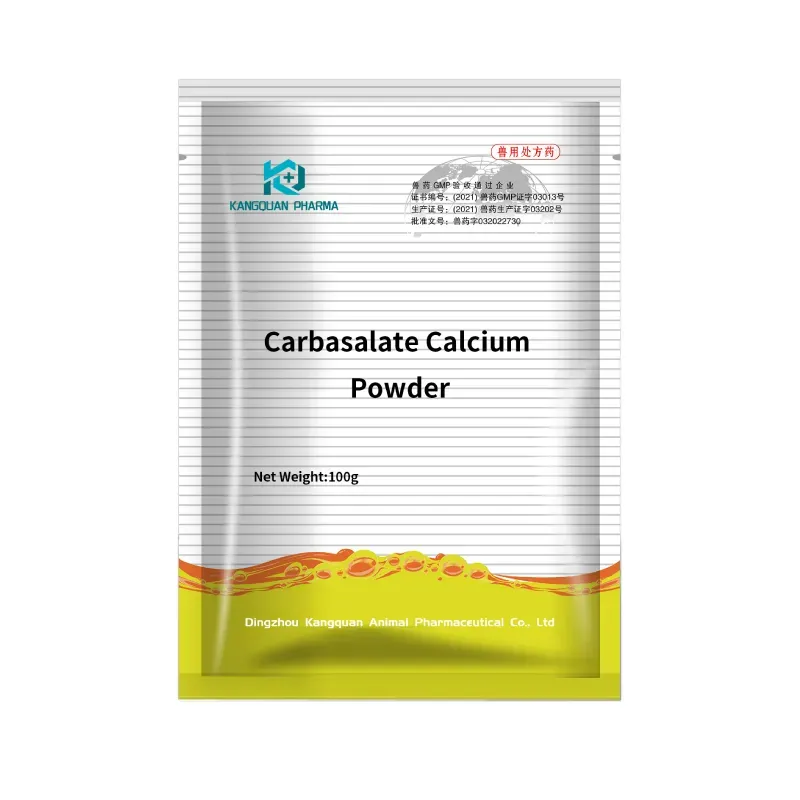- Afrikaans
- Albanian
- Amharic
- Arabic
- Armenian
- Azerbaijani
- Basque
- Belarusian
- Bengali
- Bosnian
- Bulgarian
- Catalan
- Cebuano
- Corsican
- Croatian
- Czech
- Danish
- Dutch
- English
- Esperanto
- Estonian
- Finnish
- French
- Frisian
- Galician
- Georgian
- German
- Greek
- Gujarati
- Haitian Creole
- hausa
- hawaiian
- Hebrew
- Hindi
- Miao
- Hungarian
- Icelandic
- igbo
- Indonesian
- irish
- Italian
- Japanese
- Javanese
- Kannada
- kazakh
- Khmer
- Rwandese
- Korean
- Kurdish
- Kyrgyz
- Lao
- Latin
- Latvian
- Lithuanian
- Luxembourgish
- Macedonian
- Malgashi
- Malay
- Malayalam
- Maltese
- Maori
- Marathi
- Mongolian
- Myanmar
- Nepali
- Norwegian
- Norwegian
- Occitan
- Pashto
- Persian
- Polish
- Portuguese
- Punjabi
- Romanian
- Russian
- Samoan
- Scottish Gaelic
- Serbian
- Sesotho
- Shona
- Sindhi
- Sinhala
- Slovak
- Slovenian
- Somali
- Spanish
- Sundanese
- Swahili
- Swedish
- Tagalog
- Tajik
- Tamil
- Tatar
- Telugu
- Thai
- Turkish
- Turkmen
- Ukrainian
- Urdu
- Uighur
- Uzbek
- Vietnamese
- Welsh
- Bantu
- Yiddish
- Yoruba
- Zulu
дек. . 12, 2024 22:19 Back to list
Effective Medications for Treating Parasitic Infections in Humans and Animals
Understanding Drugs Used to Kill Parasites
Parasitic infections pose significant health challenges across the globe, affecting millions of people. These infections are caused by organisms that live on or in a host and benefit at the host's expense. To manage these infections effectively, various antiparasitic drugs have been developed. This article explores some of the key drugs used for treating parasitic infections and how they work.
Types of Parasites and Their Impact
Parasites can be broadly classified into two categories protozoa and helminths. Protozoa are single-celled organisms, while helminths include worms, such as roundworms and flatworms. Both types can cause a range of diseases, leading to symptoms such as digestive disorders, anemia, and in severe cases, death. Common parasitic infections include malaria, giardiasis, and schistosomiasis, each requiring specific treatment approaches.
Antiparasitic Drugs
1. Chloroquine and Artemisinin These drugs are primarily used to treat malaria, a life-threatening disease caused by the Plasmodium parasite. Chloroquine, a synthetic drug, works by interfering with the parasite's ability to digest hemoglobin, ultimately killing it. Artemisinin, derived from the sweet wormwood plant, is more effective against malaria caused by certain resistant strains. These drugs are often combined in treatments to enhance efficacy and reduce resistance.
2. Metronidazole This is an effective treatment for various protozoan infections, including giardiasis and amebiasis. The drug works by damaging the DNA of the parasites, ultimately leading to their death. Metronidazole is widely used due to its efficacy and relatively low side effects.
what drugs are used to kill parasites

3. Praziquantel Particularly effective against schistosomiasis and other trematode infections, praziquantel increases the permeability of the parasite's cell membrane, causing paralysis and death of the worms. This drug is often used in mass drug administration programs in endemic areas to control the spread of schistosomiasis.
4. Ivermectin Originally developed to treat parasitic infections in animals, ivermectin is now a valuable treatment for river blindness (onchocerciasis) and lymphatic filariasis in humans. It works by paralyzing and killing the parasites, which are then cleared from the body by the immune system. Ivermectin has played an instrumental role in reducing the burden of these diseases in affected regions.
5. Albendazole and Mebendazole These drugs are primarily used to treat infections caused by helminths, including roundworms and hookworms. They work by preventing the parasites from absorbing glucose, which leads to their eventual death. The use of these medications has been key in addressing soil-transmitted helminth infections, especially in children.
Prevention and Control
While antiparasitic drugs are crucial in treating infections, prevention is equally important. Improved sanitation, access to clean water, and health education can significantly reduce the incidence of parasitic diseases. Additionally, vector control measures, such as insecticide-treated bed nets for malaria prevention, are essential in combatting these infections.
Conclusion
Antiparasitic drugs play a pivotal role in the fight against parasitic infections that affect millions worldwide. Understanding the different types of drugs and their mechanisms of action is vital for effective treatment and management of these diseases. As resistance to existing treatments can develop, ongoing research and the development of new drugs remain critical to improving global health outcomes and ensuring the well-being of those affected by parasitic infections. Collaboration between governments, healthcare providers, and communities will be essential in reducing the prevalence of these diseases and enhancing the quality of life for those at risk.
-
Guide to Oxytetracycline Injection
NewsMar.27,2025
-
Guide to Colistin Sulphate
NewsMar.27,2025
-
Gentamicin Sulfate: Uses, Price, And Key Information
NewsMar.27,2025
-
Enrofloxacin Injection: Uses, Price, And Supplier Information
NewsMar.27,2025
-
Dexamethasone Sodium Phosphate Injection: Uses, Price, And Key Information
NewsMar.27,2025
-
Albendazole Tablet: Uses, Dosage, Cost, And Key Information
NewsMar.27,2025













